- Dyed size & unsize
- Sweeping
- New FS
- Cylinder Fly
- Carding Droping
- Mixed Dyed Fiber
- Flat Strips (Upper Card)
- Cotton & PV Salvage
- Dropping & Lickrin
- Roving Ends
- Picking
- Gutter Fly
- Soft Waste
- Comber noils
- Grey Hard waste
- Cellar Waste
- Hard Waste
- Under Card Waste
- Mixed Soft Waste
- Lenin Waste
- Pima Waste
- Blowroom Waste
- Flatstrips
- Rotor Fly
- Yellow Picking
- Jam waste
- Pneumafil
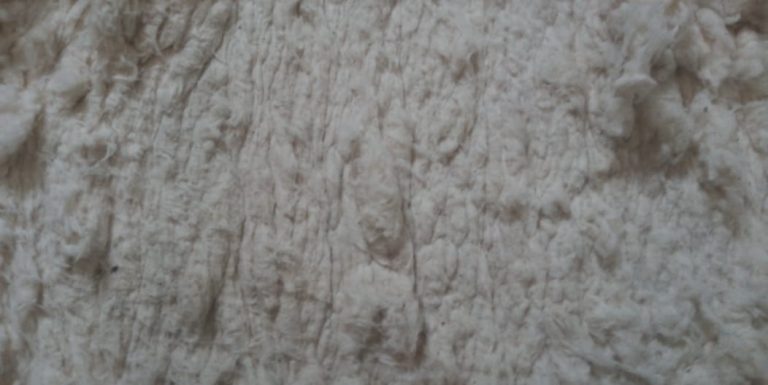
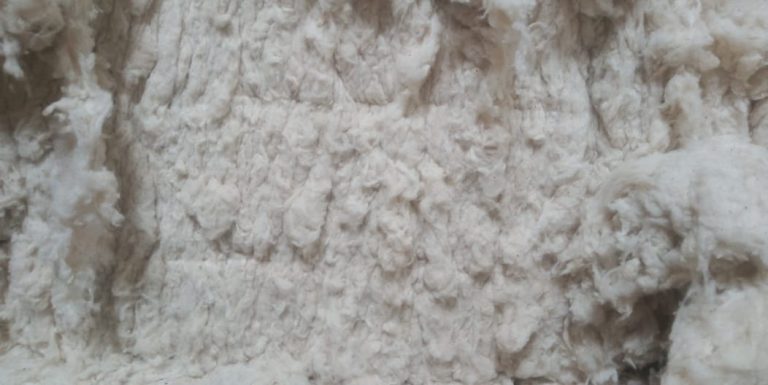
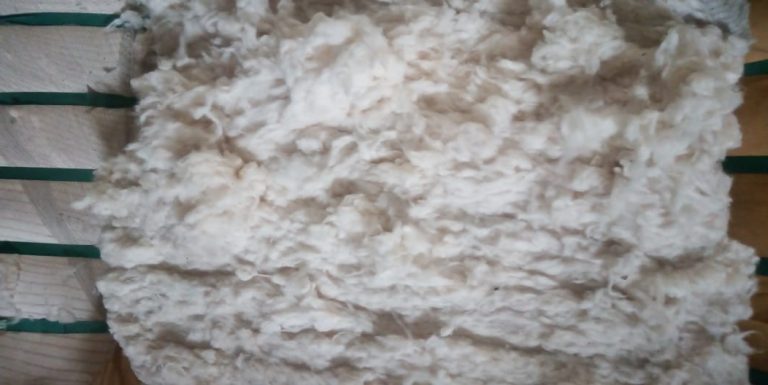
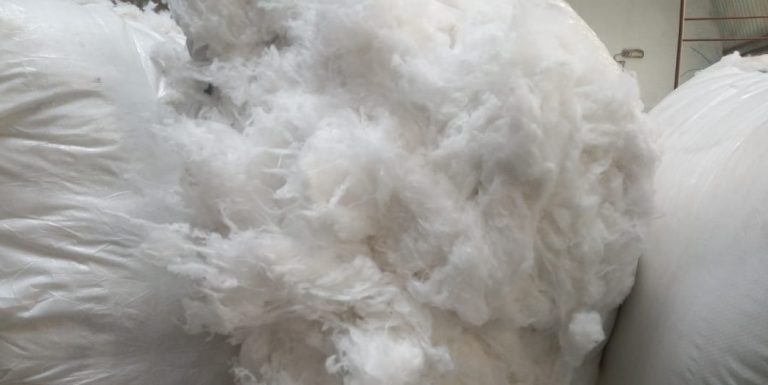
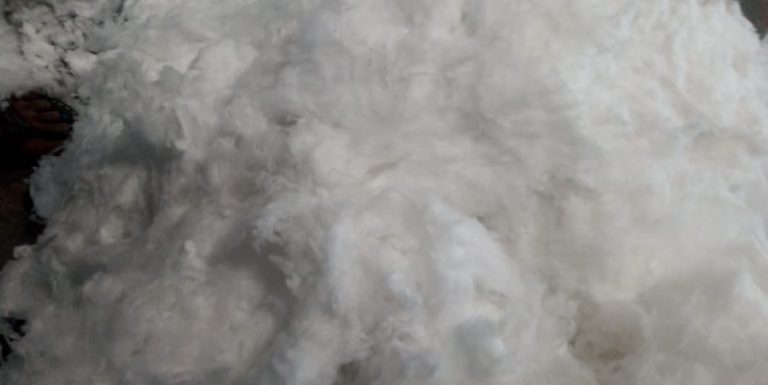
Previous
Next

